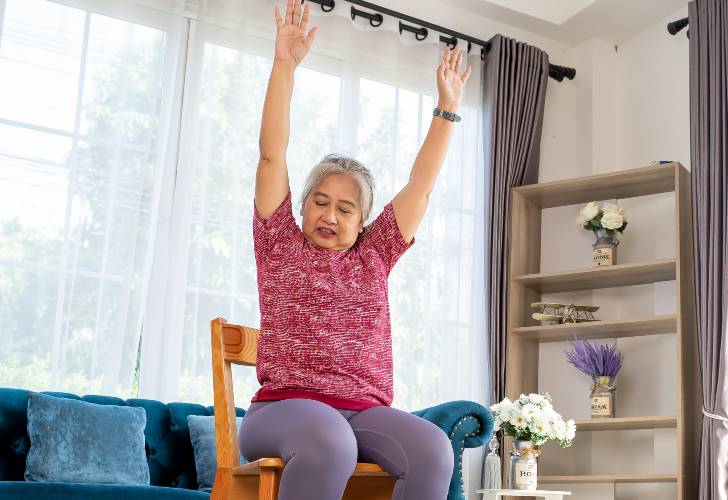
Do your muscles need more flexibility? Stretching is the answer
Stretching was always seen as necessary to warm up the muscles and prepare them for activity, but it is a discipline that can bring many benefits.
August is National Immunization Awareness Month, an opportunity to recognize the importance of vaccination and to check if everyone in your family is updated with the immunization schedule.
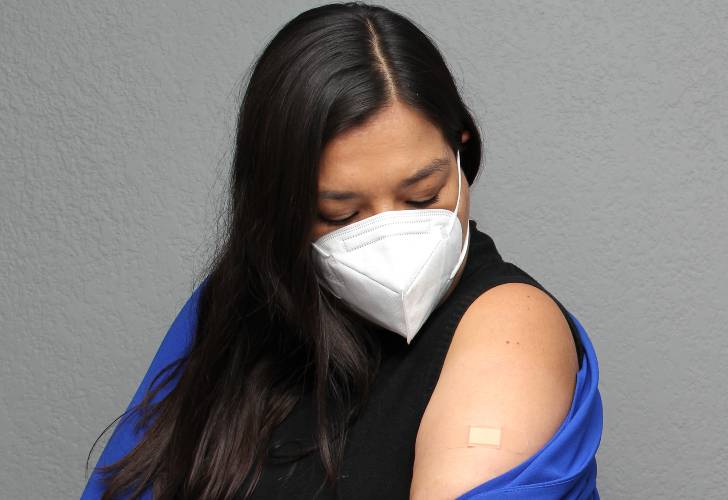
In the early 1900s, polio was a worldwide disease. By 1950, two effective vaccines against the disease had been developed. In the 1980s, a united worldwide effort to eliminate polio began. Over several decades, polio vaccination, using routine immunization visits and mass vaccination campaigns, has taken place on all continents, and by August 2020, the African continent was certified poliovirus free. Only in Pakistan and Afghanistan has polio not yet been eradicated.
This helps us to figure out how mass vaccination can help eradicate the most terrible diseases.
“Why are vaccines necessary? They help protect from infectious diseases and can lessen the severity of illness. You can be exposed to a disease without becoming sick if you are immune to it. Simply put, because of advances in medical science, vaccines can help protect us against more diseases than ever before. Some diseases that once injured or killed thousands of people have been eliminated primarily due to vaccines”, explains Robert M. Califf, M.D., Commissioner of Food and Drugs, in an article.
“Vaccines work by stimulating the body’s immune system to safely protect against viruses or bacteria that cause infection. After vaccination, the immune system is prepared to respond quickly when the body encounters the disease-causing organism”, says.
Most people believe that you only need the vaccines that are required as a child before starting school, but there are also routine vaccines for adolescents and adults. Routine vaccines are those recommended for everyone in the United States, depending on age and vaccine history.
Vaccinating protects not only yourself but also those in the community who cannot be vaccinated. If you can, get vaccinated.
Check to see if your routine vaccines and those of your family are up to date, and if not, make an appointment to be updated.
Contact your primary care doctors to see if they you are up to date with your immunization record. Flu vaccines could be found at local pharmacy stores like Walgreens or CVS or they can contact their primary care doctor. If they lack health insurance, they can also visit community health clinics. Please find information below.
White Memorial Community Health Center
Address: 1828 E Cesar E Chavez Ave, Los Angeles, CA 90033
Phone: (323) 987-1200
Link: White Memorial Community Health Center
Clinica Romero
Address: 2032 Marengo St, Los Angeles, CA 90033
Phone: (213) 989-7700
Link: Clínica Romero – Healthcare is a Human Right
Sources: CDC, FDA

Stretching was always seen as necessary to warm up the muscles and prepare them for activity, but it is a discipline that can bring many benefits.
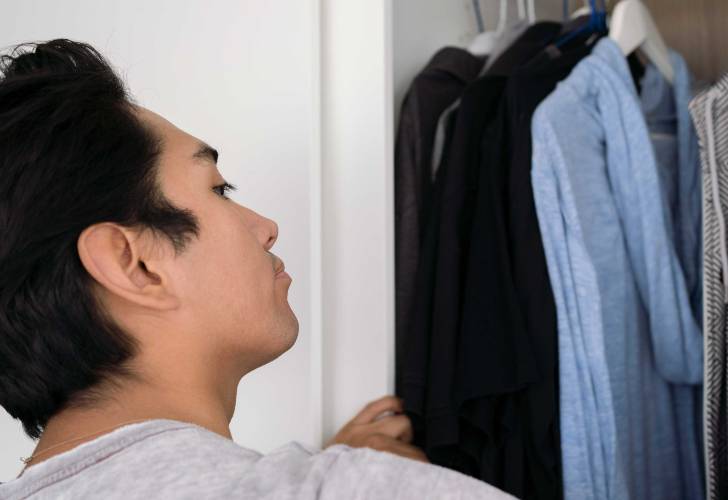
It is a difficult task for us to face, but once we do it, it translates into many benefits
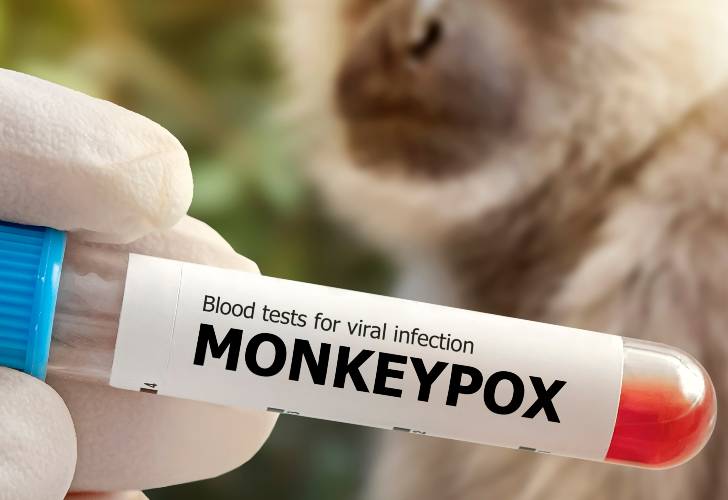
Monkeypox usually affects people who are in contact with skin lesions or fluids from other people or derived fromanimals.
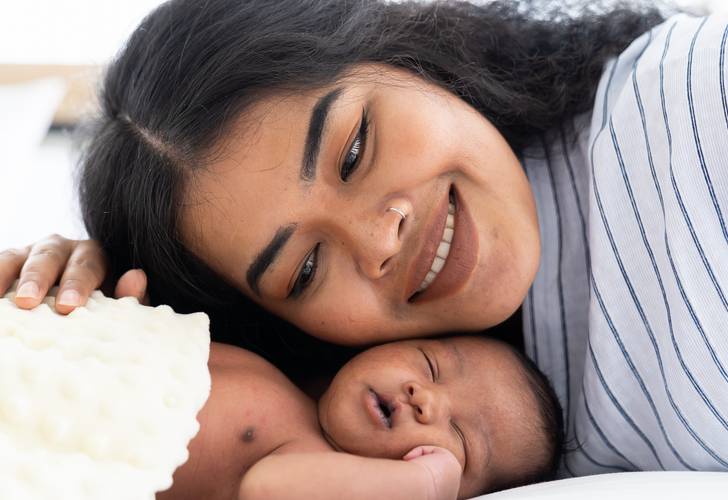
If you are the mother of a newborn, you must be very attentive to the diseases caused by the bacteria called group B streptococcus (GBS).